All Research Centers
Research Centers
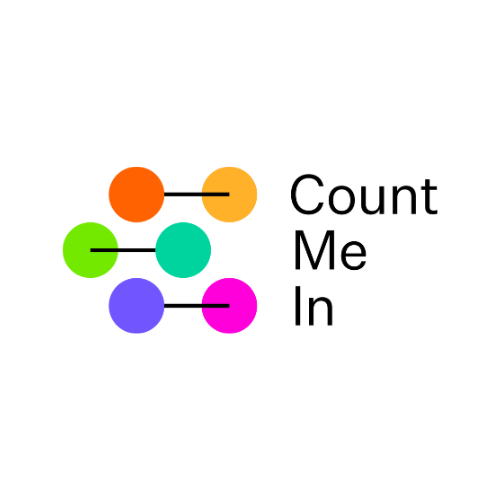
Count Me In PE-CGS Center
Broad Institute | Dana-Farber Cancer Institute | Boston Children's Hospital
Partnering with patients to define the clinical and genomic landscape of rare aggressive sarcomas
Rare cancers make up over 25% of tumors in U.S. adults, but these cancers are hard to study because a relatively small number of people are diagnosed with them each year. The Count Me In PE-CGS U2C Research Center will work directly with patients across the United States and Canada with two rare cancers – osteosarcoma and leiomyosarcoma – to generate a large shared dataset of integrated clinical, genomic, molecular, and patient-reported data. This work aims to provide data that will fuel future discoveries, lead to new treatment strategies, and inform future patient-partnered research efforts in other cancer types.
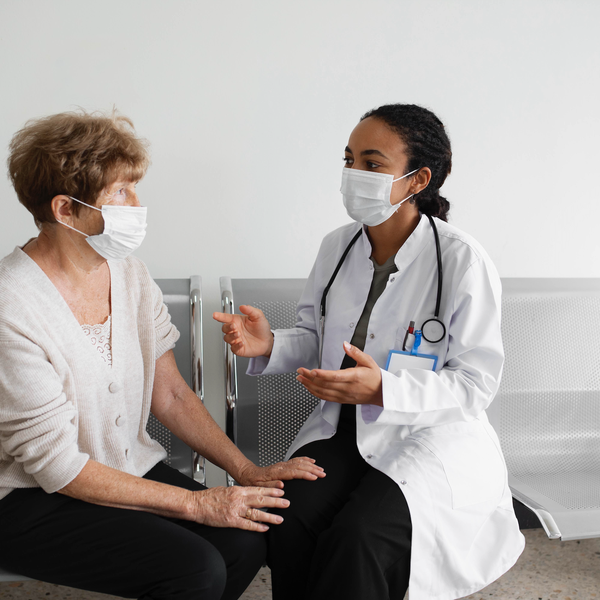
Center for Optimization of Participant Engagement for Cancer Characterization (COPECC)
University of Southern California
Building a foundation for access to health care innovation for cancer patients
Colorectal cancer (CRC) is the second leading cause of cancer mortality in the United States. Moreover, significant gaps persist in the availability of molecular profiling data from cancer patient cohorts. A barrier to biomedical research studies is the lack of culturally appropriate approaches to engaging and involving communities for participation in research.

Journey to UNderstanding Peoples Engagement in cancer Research (JUNIPER)
University of New Mexico | Mayo Clinic | Translational Genomics Research Institute (TGen) | Black Hills Center for American Indian Health
Engagement of communities from Southwestern Tribal Nations in Cancer Genome Sequencing
There is a critical underrepresentation of cancers from American Indian patients in national cancer genome databases. Additionally, American Indians have the poorest cancer survival rates of all ethnicities in the United States. The goal of this proposal is to engage with American Indian communities and individuals in order to increase their understanding and participation in precision medicine, molecular characterization of tumors and cancer research with the long-term goal of reducing their cancer burden.
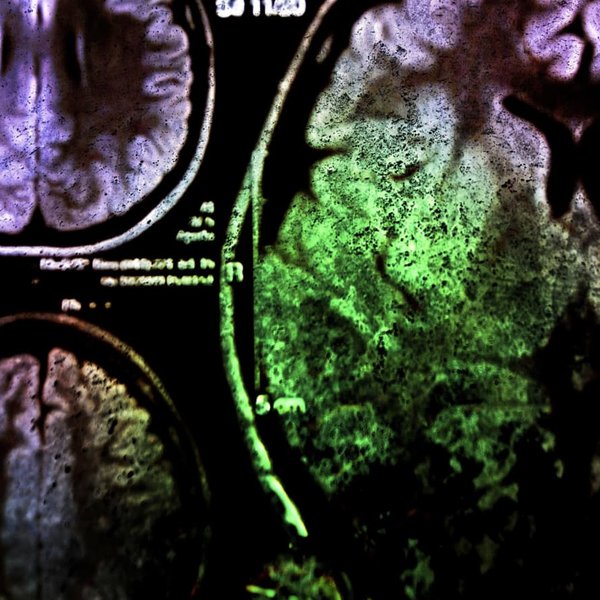
OPTimIzing engageMent in discovery of molecular evolution of low grade glioma (OPTIMUM)
Yale University | University of Colorado | Brigham and Women’s Hospital | Beth Israel Deaconess Medical Center | UCSF
OPTimIzing engageMent in discovery of molecular evolution of low grade glioma
The optimal treatment for Lower Grade Glioma (LGG), a slowly growing malignant brain tumor diagnosed primarily in young and middle-aged adults, remains unknown. The Cancer Genome Atlas (TCGA) identified consequential genetic alterations in primary LGG tumors; the next step is to understand how LGGs evolve overall and in response to treatment. Longitudinal cohorts of glioma patients are fundamental as comprehensive genomic characterization of the LGG molecular evolution is required to begin to address the knowledge gap for these patients.
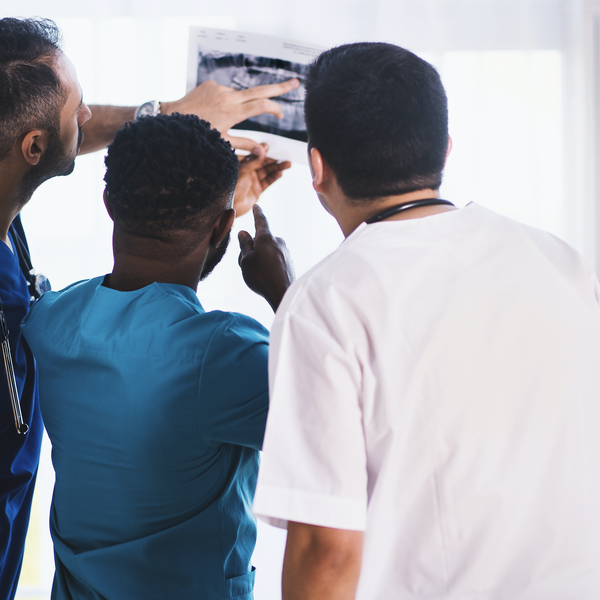
WU-PE-CGS
Washington University in St. Louis
Washington University Participant Engagement and Cancer Genomic Sequencing Center
Participant engagement and sequencing research from the Washington University Participant Engagement and Cancer Genomic Sequencing Center (WU-PE-CGS) will fill critical gaps in knowledge, methodology, and characterization of cancer populations with limited research data, leading to optimal approaches to participant engagement, outreach, and communication in genomic characterization studies. The WU-PE-CGS will directly engage with participants in partnership with patient advocacy groups and patient partners to learn more about the genetics of these cancers. These partnerships will help researchers reach and recruit patients, gain input and feedback from people in the community affected by this research, and report back to the community on the results of this research.
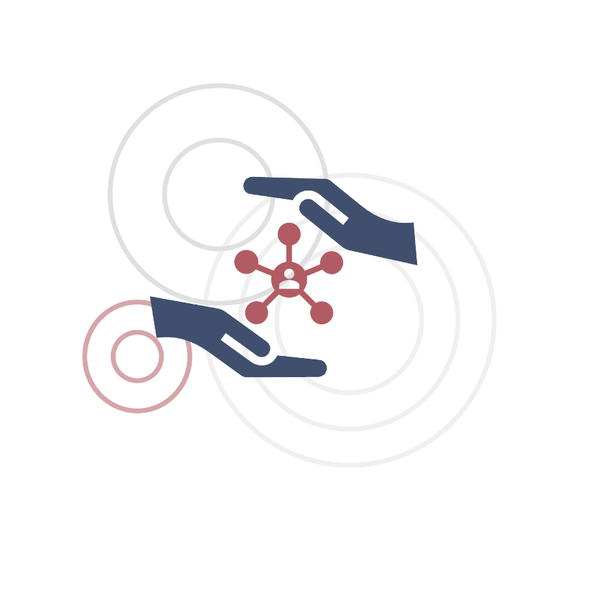
Coordinating Center
The Ohio State University
Supporting outreach, promotion, and best practices in the PECGS Network.
The Coordinating Center for the PE-CGS Network is housed at The Ohio State University. It provides administrative and scientific support to the Network’s researchers and their participants. The Coordinating Center facilitates outreach and communications channels, and helps standardize approaches to data collection and processing, including guidance of best practices in participant engagement. The Coordinating Center also works to introduce future scientists to cancer genomics and participant engagement research.
